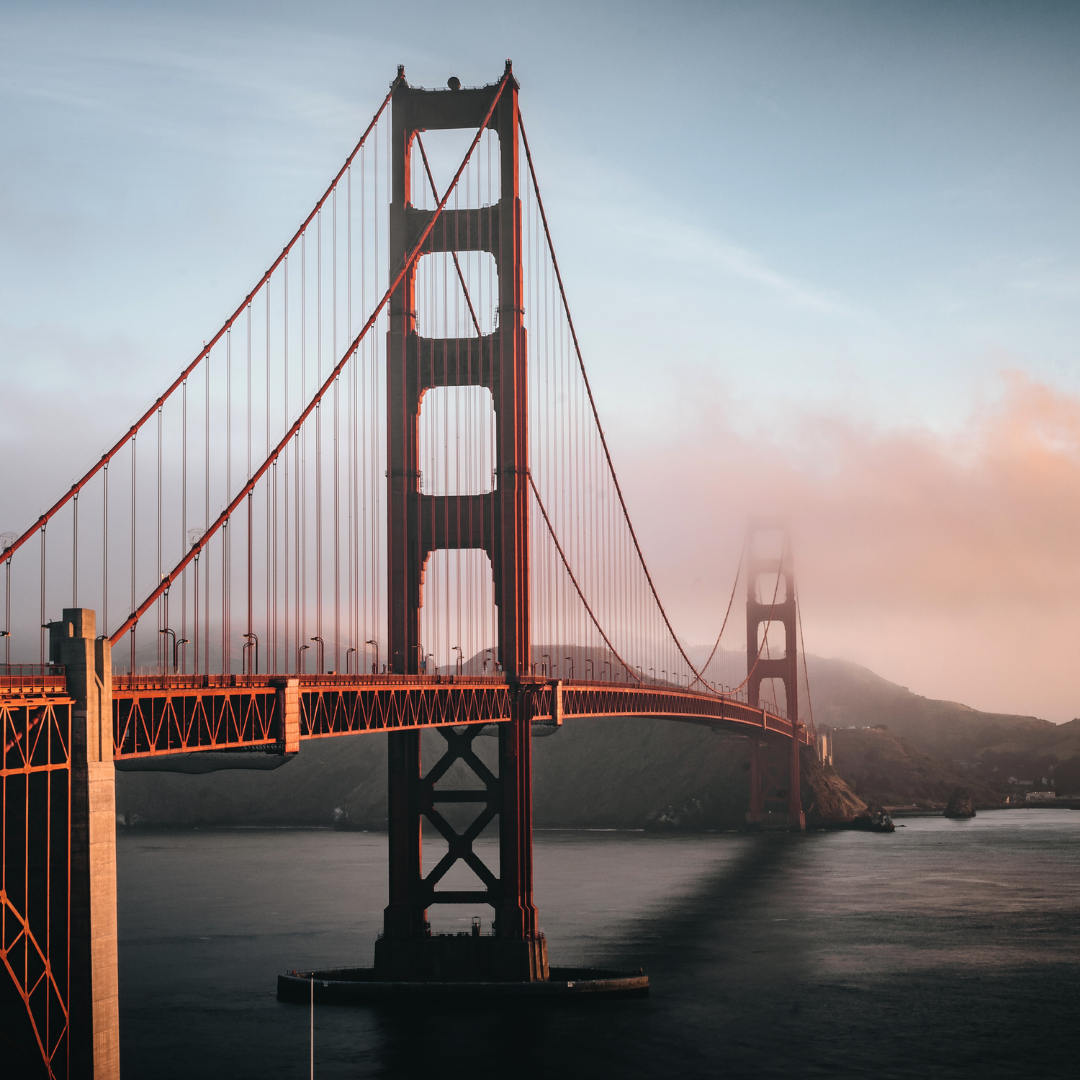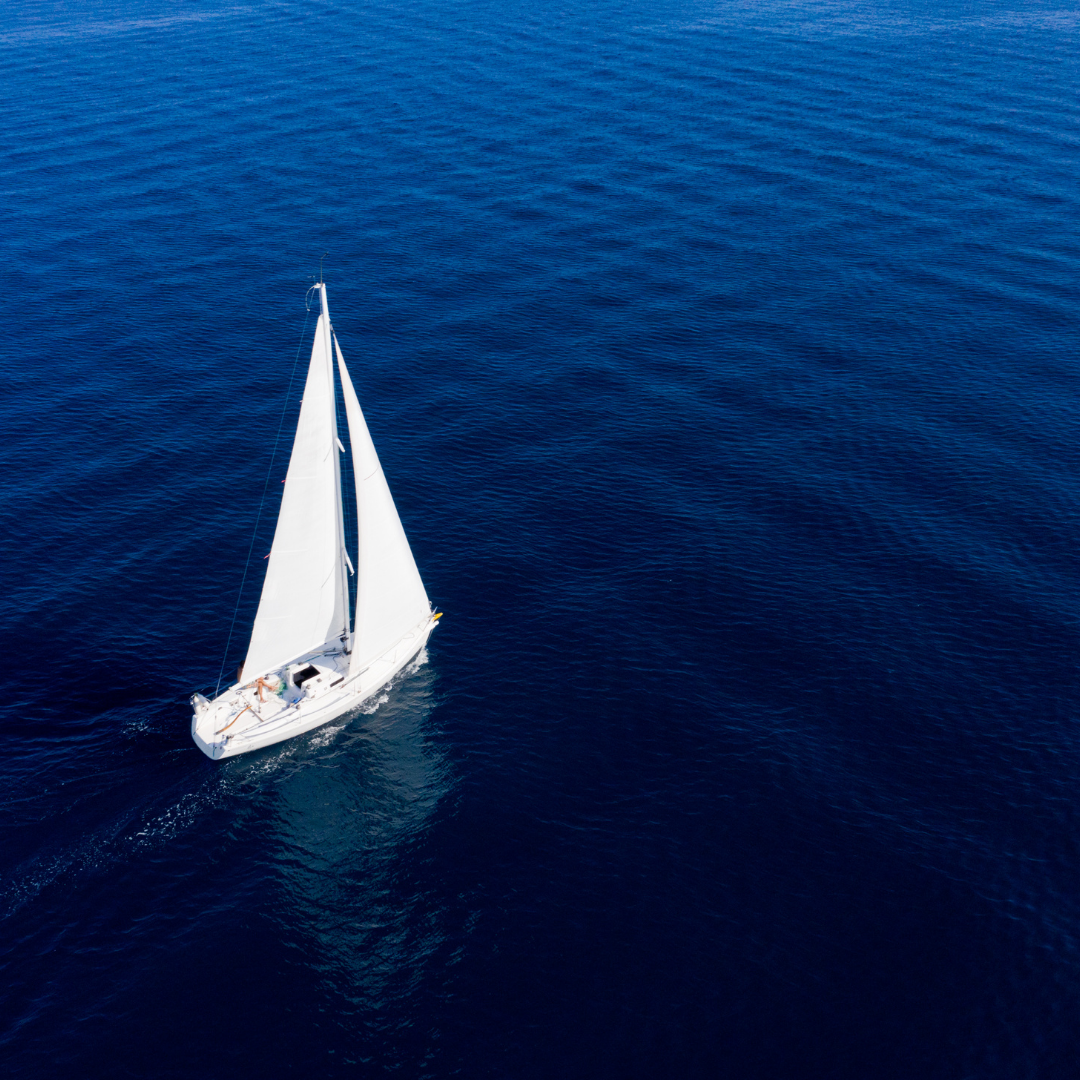The Maritime Heritage of Cape Verde: How Sailors Shaped an Island Nation’s History

Cape Verde, a chain of islands off the west coast of Africa, has a history deeply entwined with the ocean. From early navigators and explorers to modern-day sailors, the maritime legacy has indelibly shaped the identity, culture, and economy of this island nation. As we embark on this journey, we’ll unravel how the maritime heritage of Cape Verde has influenced its past, present, and future.
Early Navigators: Setting the Course of History
Before Cape Verde became a bustling crossroads, it was a vast expanse waiting to be discovered. Early Arab sailors, known for their remarkable navigation skills, possibly knew of the islands. However, it wasn’t until the 15th century that Portuguese explorers, under the patronage of Prince Henry the Navigator, charted the waters and eventually settled.
These initial journeys laid the foundation for further exploration, with Cape Verde serving as a pivotal waypoint. The islands became instrumental in the Age of Discovery, a springboard from which explorers ventured further west towards the Americas or south to navigate Africa’s treacherous cape.
Cape Verde: A Crossroads of Continents
Owing to its strategic location, Cape Verde quickly became a melting pot. It was more than just a pit stop for sailors; it was where continents converged. African, European, and later American influences intermingled, creating a unique blend of cultures, languages, and traditions.
Slavery played a lamentable role in this interchange. The islands became a major hub in the transatlantic slave trade, witnessing the sorrowful passage of countless Africans bound for the New World.
The Influence of Trade on Island Culture
The maritime trade was not solely about the transfer of goods; it was about the exchange of cultures. Cape Verde’s ports bustled with diverse goods – from European fabrics and spices to African artifacts. This exchange profoundly affected the island’s culture, evident in its cuisine, music, and traditions.
For instance, the Cape Verdean musical genre ‘Morna’, reminiscent of Portuguese Fado but distinct in its essence, encapsulates this blend of influences. Similarly, the Creole language, spoken across the islands, narrates tales of convergence and adaptation.
Shipwrecks and Tales from the Deep
The waters surrounding Cape Verde, while mesmerizing, are treacherous. Over the centuries, many vessels met their doom, leading to tales of lost treasures and ghostly ships. These shipwrecks, some of which date back to the 16th century, serve as underwater time capsules.
For divers and maritime archaeologists, these wrecks offer insights into naval architecture, trade routes, and the life of sailors of bygone eras. They also provide habitats for marine life, merging history with ecology.
The Legacy of Portuguese Explorers
The indomitable spirit of Portuguese explorers like Vasco da Gama, who often stopped at Cape Verde, has left an indelible mark. From architecture, with its colonial charm, to religious practices and festivals, the Portuguese legacy is omnipresent.
Cape Verde, while embracing its African roots, continues to celebrate its European lineage. Annual festivities, churches, forts, and even street names echo Portugal’s profound impact.
Modern-day Cape Verde: Marrying Heritage and Future
Today, Cape Verde is a nation in transition. While tourism, especially maritime tourism, plays a significant role in its economy, the islands are keen to preserve their rich heritage. Modern ports coexist with traditional fishing villages, and luxury yachts sail alongside wooden boats.
The islands are also harnessing their maritime legacy for a sustainable future, investing in marine conservation, promoting eco-tourism, and reviving ancient navigation techniques and boat-building traditions.
How Maritime Traditions Live on Today
While Cape Verde has undergone tremendous change, its maritime heart beats strong. Traditional boat races, fish festivals, and sailor songs are not just tourist attractions; they are a testament to the island’s enduring maritime spirit.
Young Cape Verdeans are being taught to respect the sea, understand its significance, and use its resources judiciously. From schools incorporating maritime history into their curriculum to communities celebrating their naval heroes, the legacy is being passed down through generations.
As we sail away from the shores of Cape Verde, it’s evident that the islands are more than just a picturesque destination. They are a testament to the resilience, adaptability, and spirit of a people shaped by the sea. The waves narrate tales of explorers and traders, of heartbreaks and triumphs, and of a nation that, despite the tides of change, remains anchored in its rich maritime heritage.


